We live in a world of constant documentation: our meals, our travels, our friends — if you have as much a smartphone, all of that likely exists in some pictorial form. But just how do we document the relationship between the photographed, and those doing the photographing?
Nathan Bett answers that question in his 2015 series, “Learning to Disappear.” In it, Bett, a Brooklyn-based photographer and artist, makes subtle digital composites of the reactions he received while doing his street photography around NYC. Through this series he questions the relationship between the photographer and photographed, as well as street photography’s place in the art photography world.
Originally from Marquette, Michigan, he spent time after college doing commercial work for automakers in Detroit before moving to New York to get his MFA from Parsons School of Design. He received the National Photography Award from The Camera Club of New York in 2011.
We spoke with Bett on his formative years, as well as his philosophy on the ethics of street photography and the “stink eye” he often received while shooting “Learning to Disappear.”
Bett’s responses are excerpted from Scrapped Magazine’s upcoming issue. All photos below were taken in New York City.
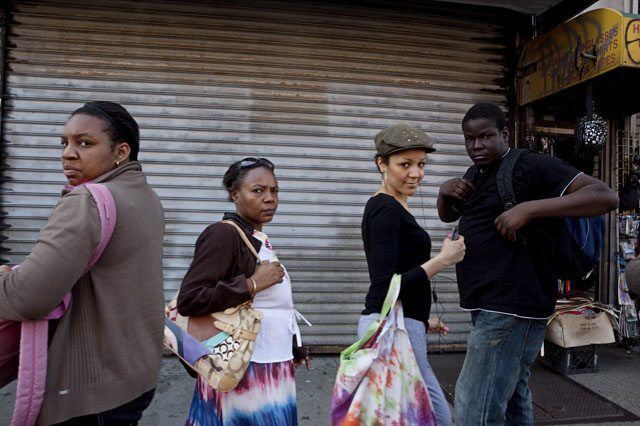
It just kind of made sense to me to stick with it. It’s just something that I fell into. I don’t think I owned a camera until I was probably 21 years old, a Nikon FM 10 fully manual."
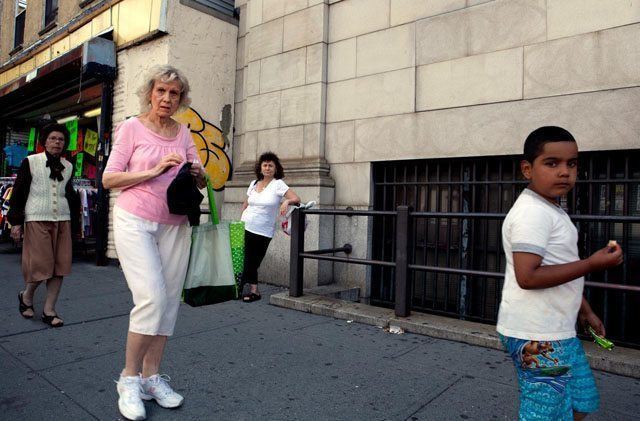
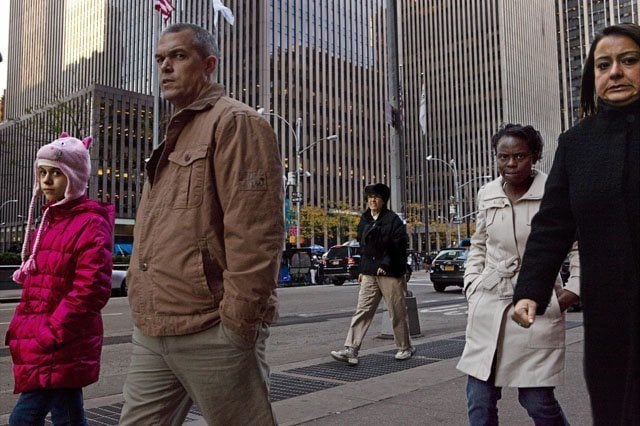
But when I got to [Parsons The New School For Design], I didn’t have that million-dollar playground anymore. So, I thought, what are the resources that I have at hand? I have the city of New York. I guess I’ll use that because that’s what I have. So, I had to adopt a new working strategy. I think, in the end, this propelled my work forward."
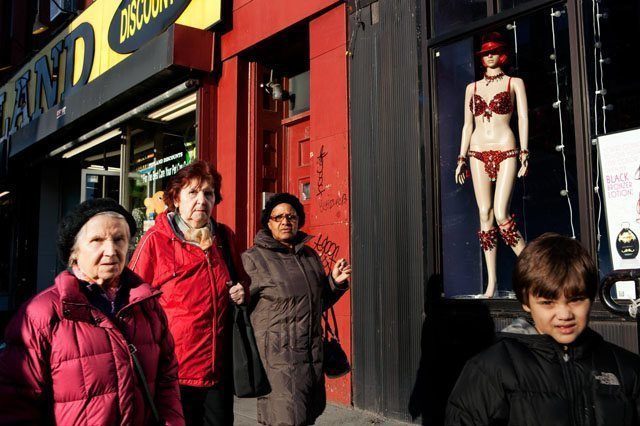
At the time I was really timid about shooting people on the street even though that’s what I was interested in. So, on a whim, I cut all these people out and put them together in one image so that the viewer is surrounded by them. And it just hit me like, 'That’s what it feels like! This is the anxiety that I’m feeling. It feels like this!' I discovered something about the way that I felt that I didn’t understand until I had visualized it. That, to me, is what art making is about, self-discovery and emotional expression."
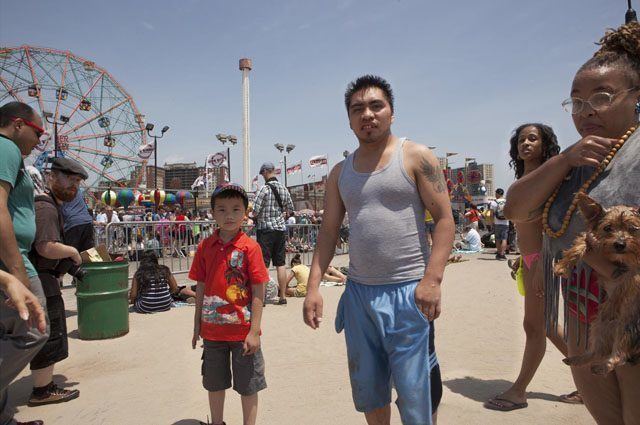
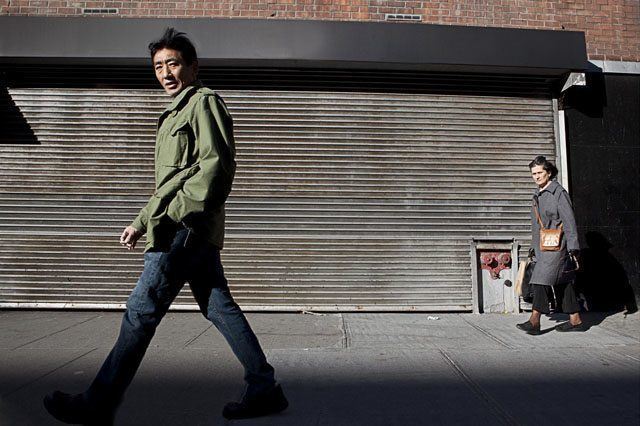

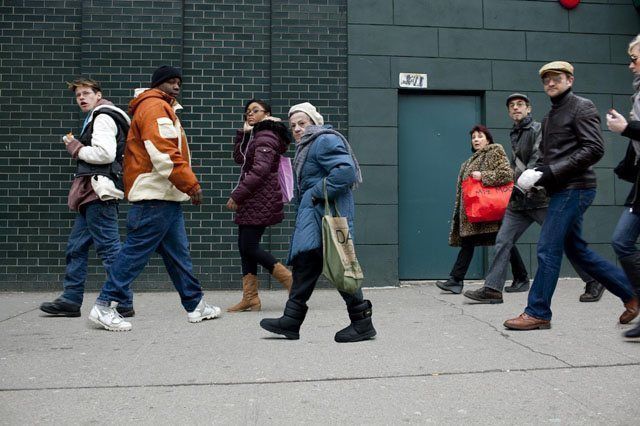
It’s a lot harder for the art world to talk about [street photographers] like Stephen Shore or Gary Winogrand. Did they just stand on a corner and push a button? I mean, you and I know that that’s not true, but the art world at large doesn’t know how to talk about it. I think it’s a genuine form of art."
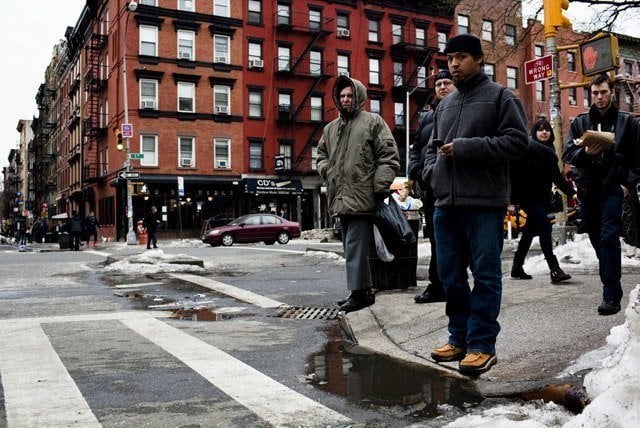
What is a photograph of a woman standing in front of a hot dog cart and blocking her eyes from the blinding sunset? It doesn’t mean anything, exactly. It’s just a beautiful moment that is gone as soon as it happens. And that’s what life is. That’s all it is."





